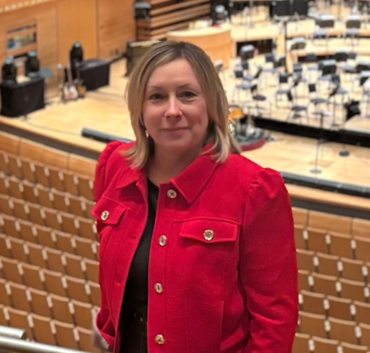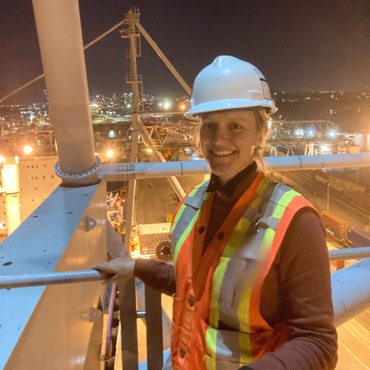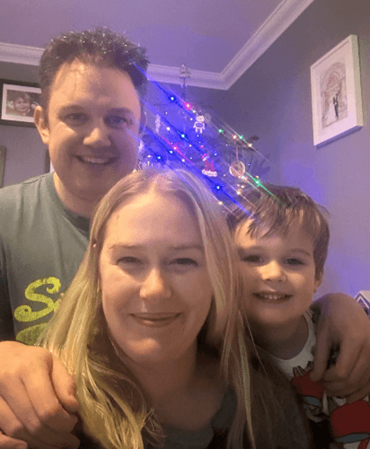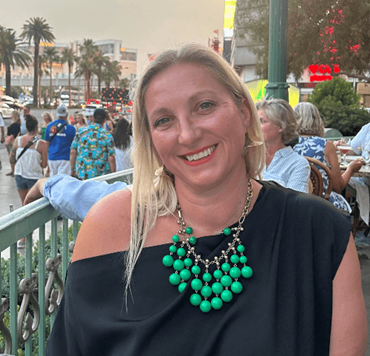Let’s find your next opportunity
AI Assistant: {{ chat.assistant.message }}
Suggested roles matches
Sort By
{{ job.job_posting_title }}
{{ job.is_cms_job ? (job.cities.split(';').length > 1 ? 'Various locations' : job.location_mappings[0]) : (job.location_mappings.length > 1 ? 'Various locations' : job.location_mappings[0]) }}
We are sorry there are no jobs that match your exact criteria. Try a new search term, or use the filters to continue browsing for available opportunities.
Suggested roles matches
{{ job.title }}
{{ [job.cities[0], job.regions[0], job.countries[0]].join(', ') }}
Various locations
We are sorry there are no jobs that match your exact criteria. Try a new search term, or use the filters to continue browsing for available opportunities.
Let’s find your next opportunity
{{ job.job_posting_title }}
{{ job.is_cms_job ? (job.cities.split(';').length > 1 ? 'Various locations' : job.location_mappings[0]) : (job.location_mappings.length > 1 ? 'Various locations' : job.location_mappings[0]) }}
Hi, my name's Tom. I've recently finished studying engineering, maths and biology at college and I am one of the new advanced apprentices at AtkinsRéalis. Growing up, my favorite pastimes were Lego and Meccano, which encouraged me to learn how things work and how they're put together. My dad sparked my interest in my rail signalling role as he's in the rail telecoms industry. As I discovered more and more about his work, I found it very interesting and was inspired to follow in his footsteps.
Alternatives to university for engineering careers
Studying Engineering at college was the next step. I thoroughly enjoyed it and knew a career in this field was for me. I soon realised after starting college that I didn't want to attend university but wanted a more hands-on approach to my future learning. I felt an apprenticeship in the rail industry could be right for me.
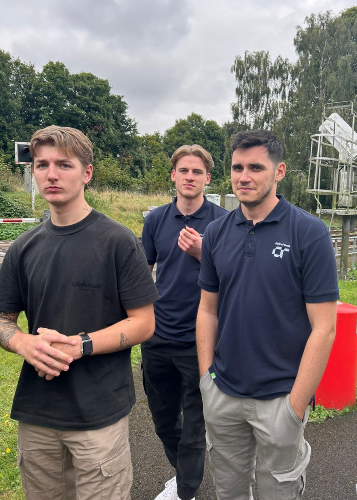
How to start a career in railway engineering
I found the signalling testing and commissioning apprenticeship on the government apprentice website. I thought, "This would be a good chance to start my railway career as it involves problem-solving, critical thinking and a way to gain important skills, knowledge and experience!"
What do you do on a rail signalling apprenticeship?
As part of my apprenticeship, I'm enrolled in a college course to attain my licence with the IRSE (Institution of Railway Signal Engineers), which I attend monthly for a week. The IRSE licence is an essential competency for railway signalling work. It ensures you have the skills and knowledge to work safely and confidently in the industry.
I've also already completed several important courses. PTS (Personal Track Safety) which is a must for anyone working on or near railway tracks, teaching you how to stay safe and understand potential hazards. BS1 and BS2 (Basic Signaling 1 & 2) introduce the principles of railway signaling systems, which are vital for understanding how everything works together.
Mod 5 (Module 5: Signaling Testing & Commissioning) focuses on the practical and technical skills needed to test and commission signalling systems. Each course has been a great step in building my knowledge and confidence.
Soon, we'll be covering more electrical and mathematical topics.
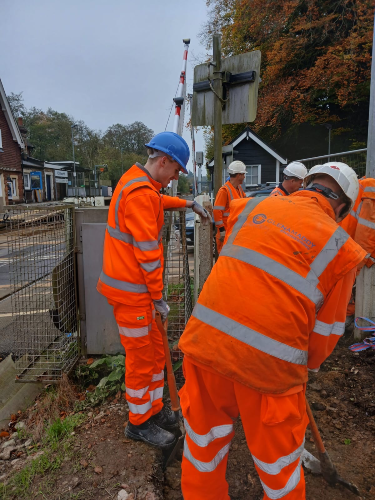
What work do you do as an AtkinsRéalis railway apprentice?
Although I haven't spent much time on site with the commissioning team yet, we've visited several sites, including ones with dummy REBs (Relocatable Equipment Buildings) and LOCs (Location Cases). REBs are modular buildings near the tracks that house railway signalling equipment for easier access and maintenance. LOCs are smaller enclosures along the railway, holding equipment needed for specific locations. These visits have provided a brilliant introduction to how signaling systems are set up and maintained.
I'm looking forward to joining the team out on site more and putting my new knowledge into practice!
What is the best thing about what you do in Rail Signalling?
As I haven't been out on site that much yet, I think the best thing about what I will do in my role has to be the problem-solving aspect. I know I will find it very rewarding when I solve these challenges.

What do you love most about working at AtkinsRéalis?
Definitely the people I work with. They have made me feel like part of the team from day one and have always encouraged me to achieve the very best within the organisation.
Start your career being empowered and excited about solving real-world challenges! Browse our LIVE apprenticeship schemes.
Related blogs
Related jobs
We are sorry there are no jobs that match your exact criteria. Try a new search term, or use the filters to continue browsing for available opportunities.

Talent Community
Would you like to know more? Not ready to apply? Join our talent community to stay connected and engaged with us at AtkinsRéalis.



